At Five Star Data Recovery, we focus on advanced NAS data recovery. We work with all types of NAS devices, setups, and RAID volumes. It doesn’t matter if you use your NAS system at home, in a small office, or a large corporate environment. We are here to help. We will recover your data safely, quickly, and professionally. We handle everything from accidental deletions to complete system failures. Whether your NAS is a single-drive unit or a multi-bay RAID array, we have the tools and experience to recover your data.

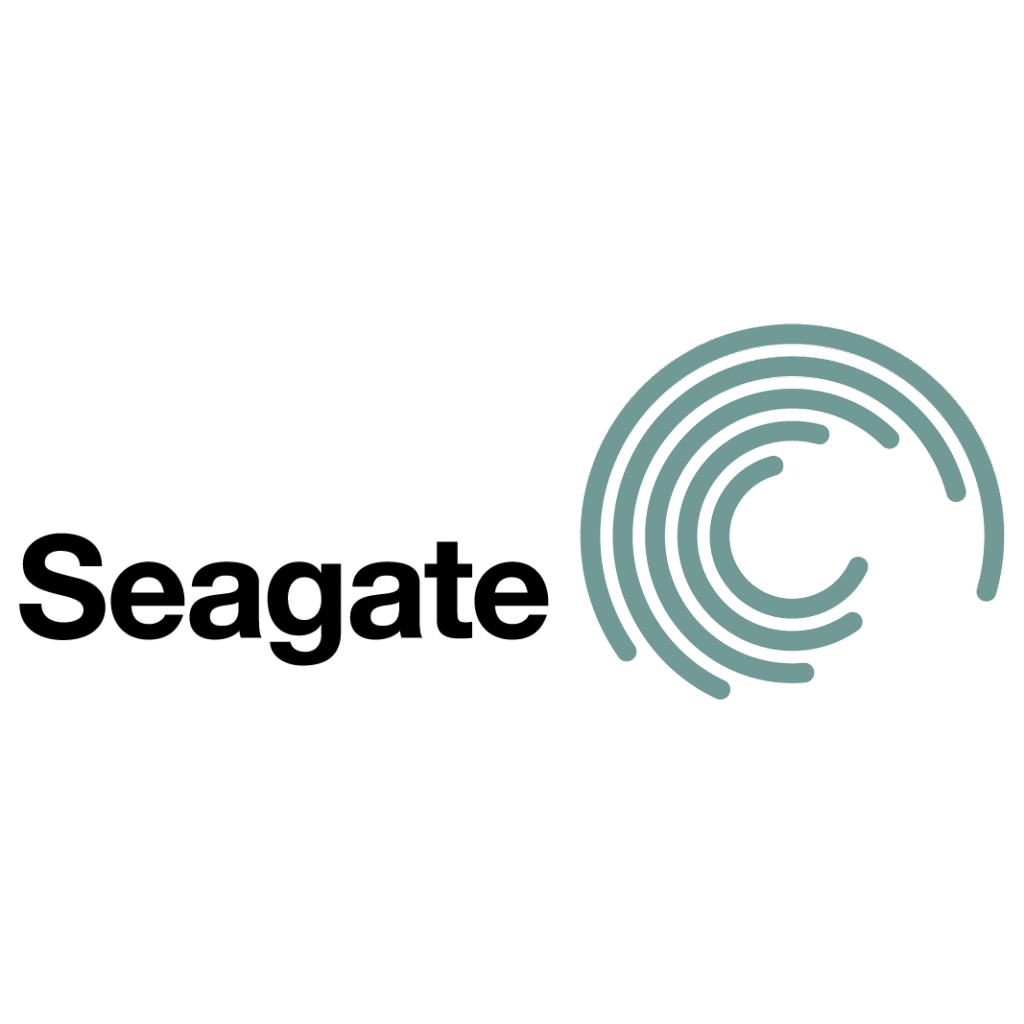
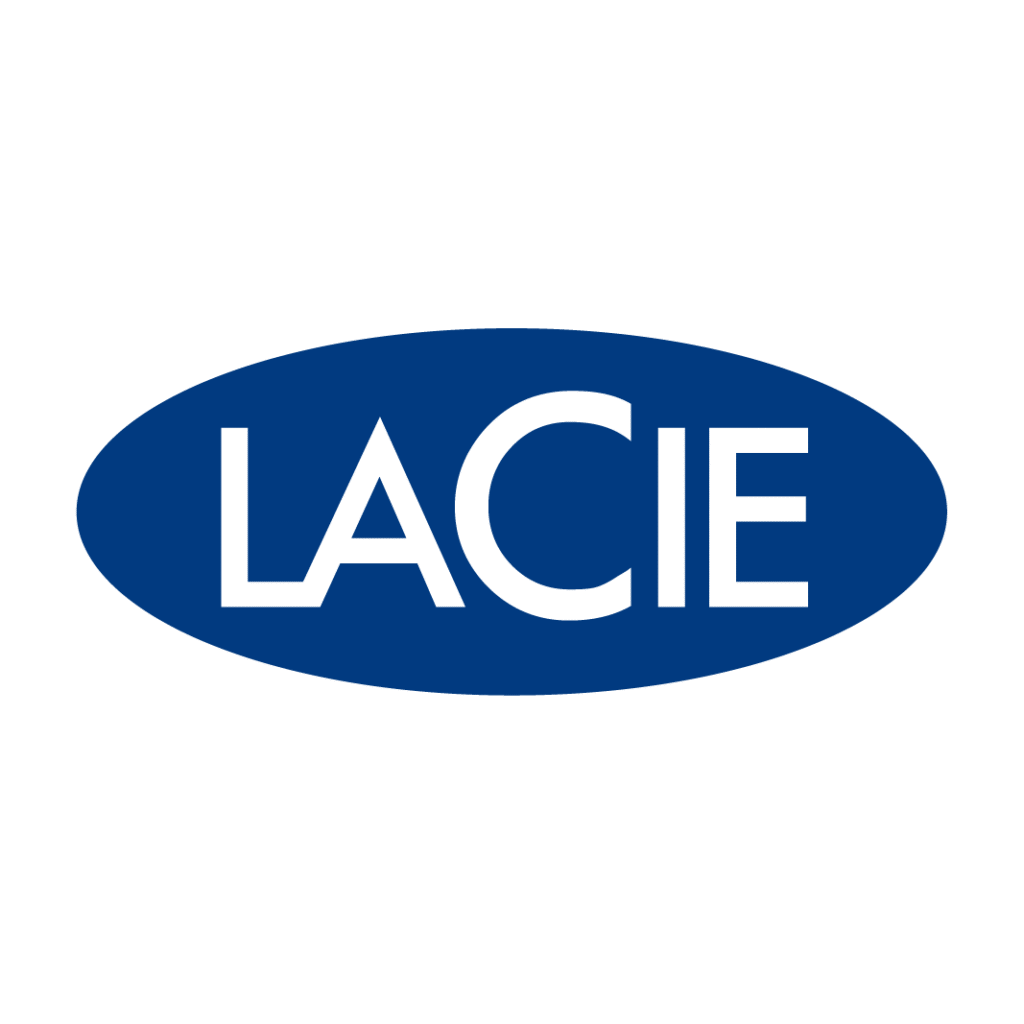
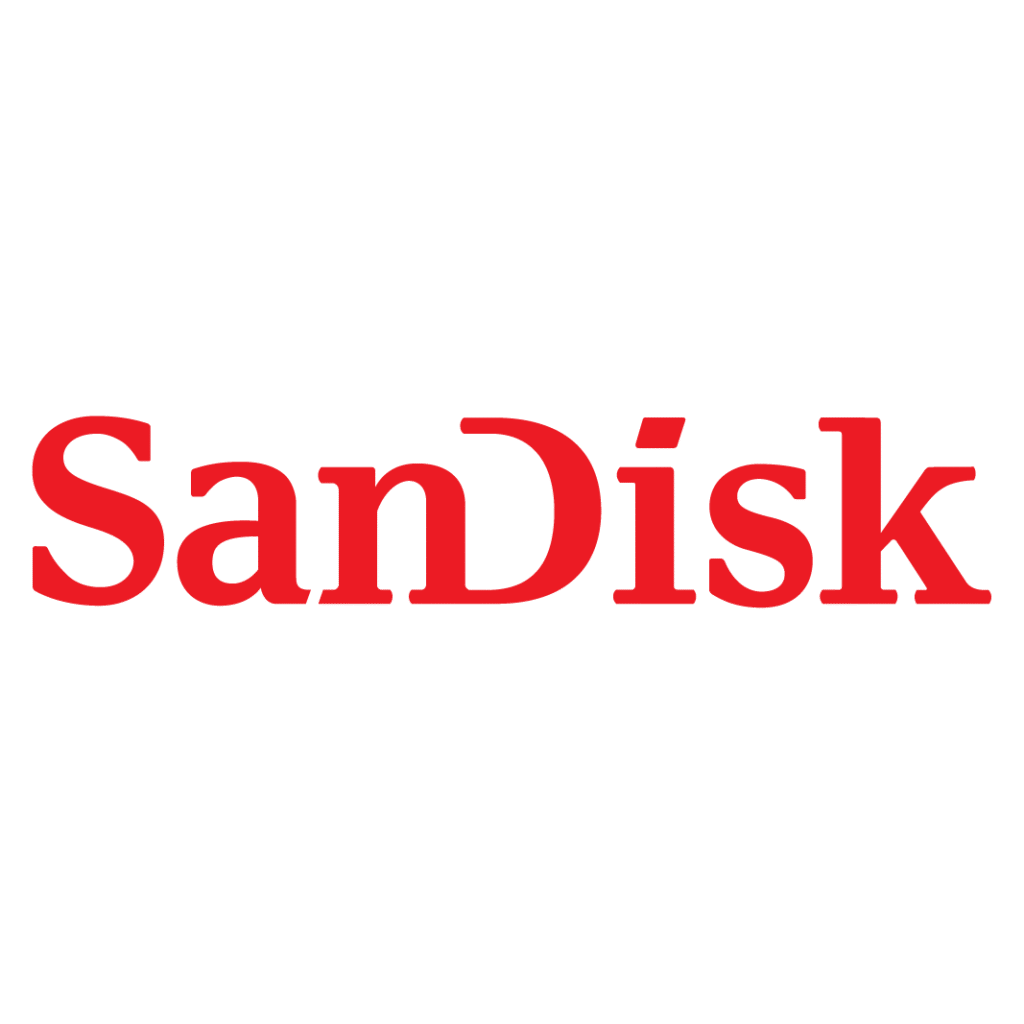
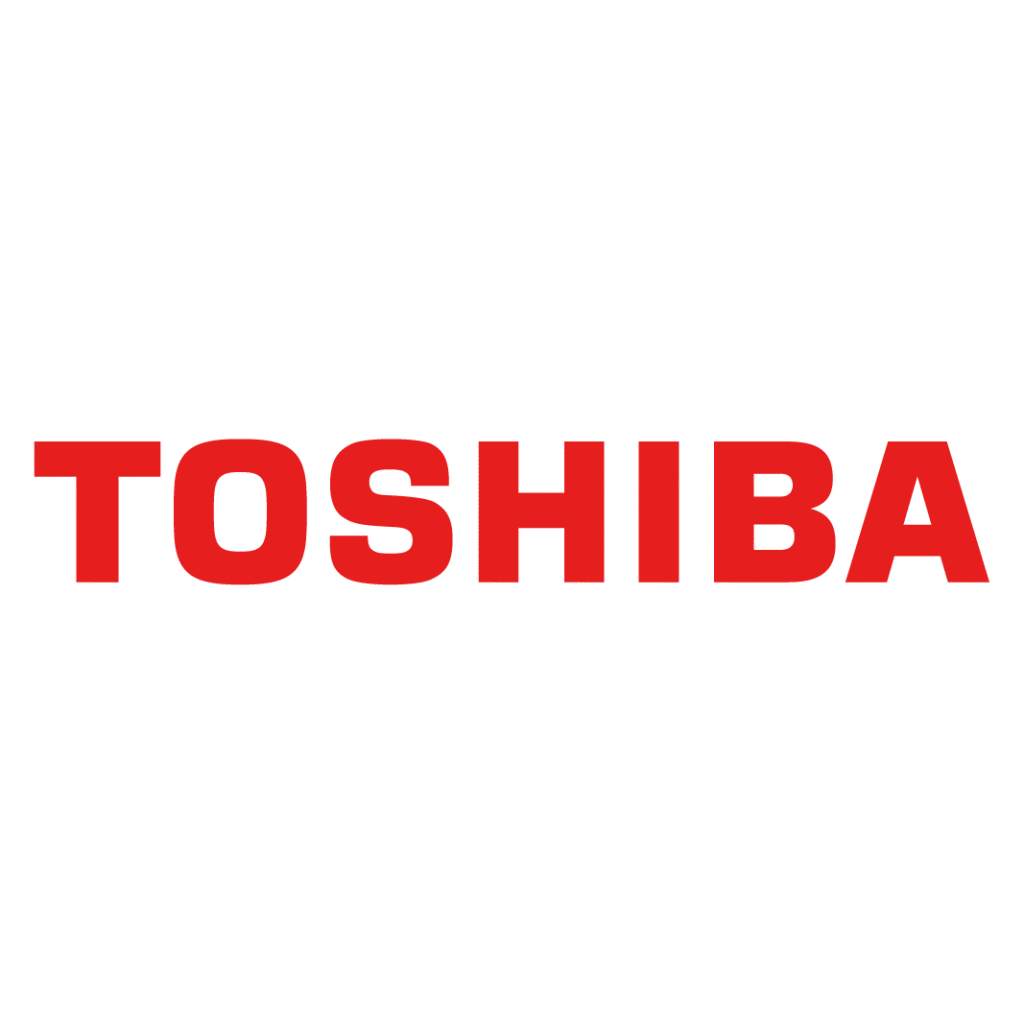
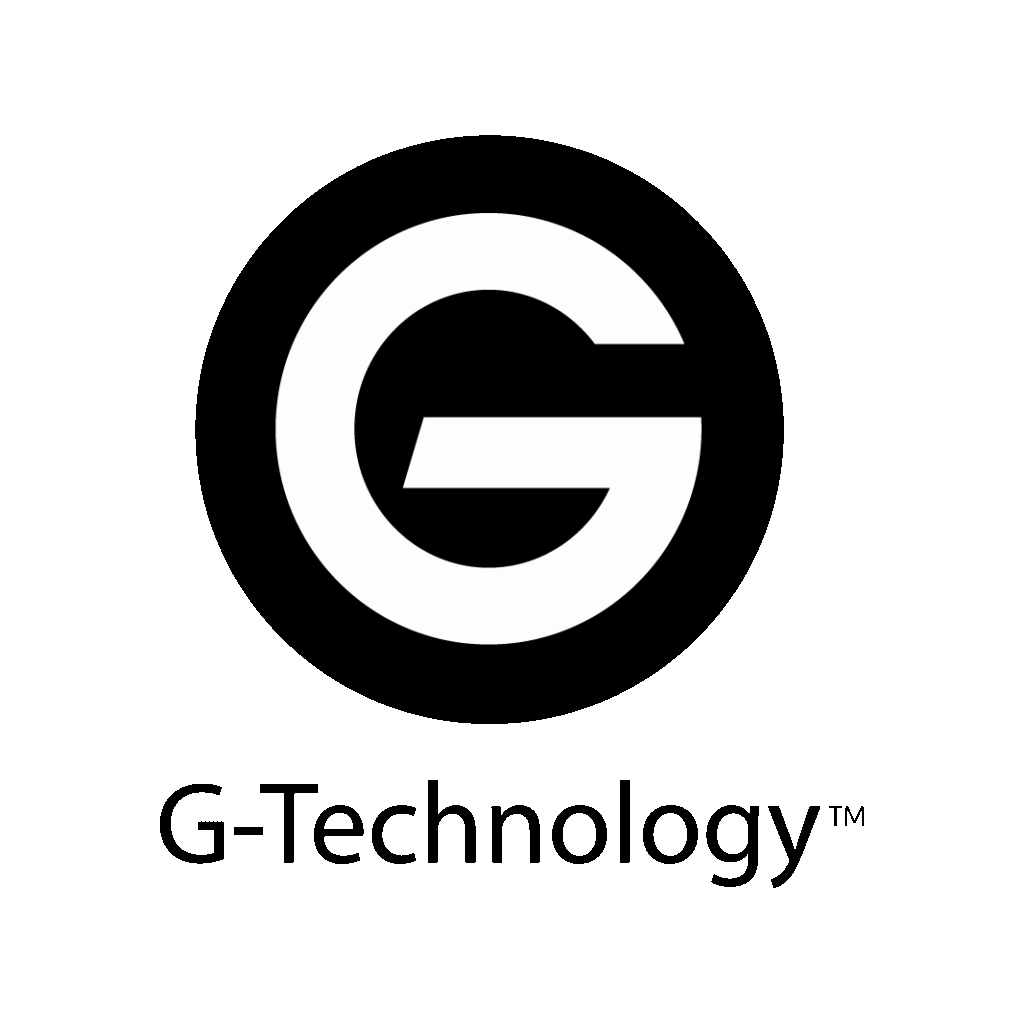
NAS devices are designed for reliability, but they’re still vulnerable to failure. Some of the most common reasons for NAS recovery include:
If your NAS device shows error messages, does not mount correctly, or makes strange noises, turn it off right away. This will help prevent more damage.
We provide NAS drive data recovery from nearly all major NAS device manufacturers, including:
If your NAS uses custom hardware, proprietary RAID levels, or encryption, we can still help. Our engineers are experienced in working with even the most complex NAS recovery cases.
These steps may cause permanent data loss or overwrite critical RAID metadata. If your data is important, power down the NAS and contact a professional data recovery team immediately.
Every NAS data recovery begins with safety and structure. Our lab follows a six-step process to recover data from NAS drives and RAID arrays:
We begin by safely removing each drive from your NAS system.
Each disk is imaged sector-by-sector to create exact working copies. We never operate on the original drives.
We analyze each clone to locate RAID metadata, parity information, and file system structures.
Our engineers use this data to reconstruct the original NAS RAID array virtually.
We verify file system integrity and validate recovered data with directory structure and file previews.
Recovered data is copied to a new storage device and tested for integrity before being returned to you.

I was in a panic when my QNAP NAS crashed and none of my devices could connect to it. A friend recommended Five Star Data Recovery, and I’m so glad I called them. They recovered all my photos and important work documents within a few days. Super helpful team and great customer service.
Laura S.
New York, NY

My Synology NAS suddenly stopped working, and I couldn’t access any of my business documents. The engineer I spoke with explained everything in plain language and walked me through the recovery process. Within a few days, I had all my important files back. Very professional and easy to work with.
Mark D.
Los Angeles, CA

My QNAP NAS had multiple issues, and I was preparing for the worst. Thankfully, the recovery team was able to save nearly all my files. Communication was clear, pricing was fair, and the entire experience was much smoother than I expected. Highly recommend for NAS recovery needs.
James T.
North Hollywood, CA
Although we’re based in Los Angeles, our NAS recovery services are available across the U.S. We provide free round-trip shipping for all approved recovery cases.
Just create a recovery ticket on our site, and we’ll email you a prepaid shipping label with instructions. Once recovery is complete, we’ll return your data on a new drive securely and at no extra cost.
If your NAS system has failed, don’t panic—and don’t risk your data with unproven methods. Our team has recovered data from thousands of NAS devices and RAID configurations. Whether you need basic file recovery or advanced NAS RAID data recovery, we’re here to help. Call us today for a free diagnostic or start your case online now.
Data loss is stressful — but working with us doesn’t have to be. Watch how our team handles each recovery with care, professionalism, and precision. From diagnostics to delivery, we offer flat-rate pricing, honest communication, and proven results — all from our secure Glendale lab.
Yes. Whether your NAS is showing a “Degraded,” “Failed,” or “Volume Offline” status in the control panel, we specialize in recovering data from partially failed or fully failed RAID arrays within NAS systems.
Yes. We provide NAS data recovery services for all major brands, including Synology, QNAP, Drobo, Buffalo, Netgear ReadyNAS, WD My Cloud, and others. No matter the make or model, we have the tools and expertise to handle your recovery.
Yes, data recovery is often possible even after a reformat or volume deletion — but only if the system is powered down immediately. The longer the NAS stays on, the higher the chance that new data (system logs, indexing, or background tasks) will overwrite the deleted volume. To maximize recovery success, power off the NAS right away and avoid any further writes to the drives.
Not always—and doing so could make things worse.
Rebuilding a NAS RAID array after a failure might seem like the right move, especially if your NAS system (like Synology, QNAP, or TrueNAS) prompts you to do it. But in many cases, initiating a rebuild without verifying drive health and array integrity can lead to permanent data loss. Network Attached Storage (NAS) systems are often relied on for centralizing and protecting data—but that doesn’t mean they’re immune to failure or missteps during recovery.
Why rebuilding your NAS RAID can be dangerous:
Your NAS assumes the drives are healthy
In most NAS devices, the RAID management software doesn’t perform a deep integrity check before a rebuild. If a second drive is unstable, has unreadable sectors, or is already degrading, the rebuild process can destroy what’s left of your good data.
A rebuild is a write operation
When you rebuild a NAS RAID array, you’re not recovering the old data—you’re writing new parity or mirror data based on the current state of the remaining disks. If those disks have logical or physical damage, you may overwrite valid data with corrupted parity.
NAS systems often mask warning signs
Many NAS platforms attempt to maintain uptime, even when drives are degraded or syncing improperly. What looks like a single-disk failure might actually involve deeper RAID degradation. Starting a rebuild under those conditions can finalize the damage.
When is it safe to rebuild your NAS RAID?
It may be safe to rebuild your NAS RAID only if:
You’re using RAID 1 (mirror) and only one drive has failed.
You’re using RAID 5 or RAID 6 and only one drive is offline, and the others have been confirmed to be fully healthy with no bad sectors or SMART warnings.
You have already backed up or cloned the remaining NAS drives before proceeding.
If your NAS shows multiple drive errors, degraded performance, or you’ve heard clicking or beeping noises from the drives, stop immediately. Any rebuild attempt could compromise data that is still salvageable.
The safer option: Clone and Analyze before rebuilding
If your NAS holds irreplaceable data (business files, media archives, surveillance footage, etc.), here’s what you should do before attempting any rebuild:
Shut down the NAS to avoid further degradation or auto-rebuild attempts.
Clone all drives in the RAID array using forensic imaging tools.
Recreate the NAS RAID structure virtually using software like UFS Explorer, R-Studio, or PC-3000 RAID (in labs) to safely test configurations without modifying the original disks.
If you’re unsure, consult a professional data recovery service with experience in NAS RAID systems.
Final thoughts
Network Attached Storage systems are convenient, but they can give a false sense of security during RAID failures. If your NAS RAID array has failed, don’t rush into a rebuild unless you’re absolutely sure it’s safe. In most cases, cloning the drives and analyzing the structure offline is the safest path.
If your NAS RAID contains mission-critical data, reach out to a professional NAS data recovery service before making irreversible changes. One wrong move can wipe out your last chance at recovery.
We never recover data using the NAS enclosure itself. To ensure the safest and most effective recovery, we remove each drive from the NAS, clone them individually, and then use a virtual RAID controller to reconstruct the array. This approach prevents further damage and allows us full control over the recovery process.
Yes, data can often be recovered from physically damaged NAS drives, depending on the severity of the issue. Common symptoms like clicking, beeping, or failure to spin typically indicate mechanical problems such as failed read/write heads or motor issues. In these cases, the drive must be handled in a clean room environment by professionals. Powering off the NAS immediately is crucial—continuing to use the system can cause further damage and reduce the chances of recovery.
Once the damaged drive is successfully repaired, we create a sector-by-sector clone of it, along with clones of all other drives in the array. Only then do we begin the logical RAID reconstruction process using the cloned images—never the original drives. This ensures the safest and most accurate recovery of your data.
For a standard NAS data recovery case involving 4 to 8 drives and up to 20TB of data, the typical turnaround time is 5 to 7 business days with our regular service. This estimate assumes that the drives are in good physical condition and the failure is due to logical issues such as deleted volumes, RAID corruption, or file system errors.
The recovery timeframe can increase depending on several factors:
A larger number of drives in the array
A larger overall storage capacity
More complex RAID configurations
Physical damage or mechanical issues, such as drives that are clicking, beeping, or not spinning
When mechanical repairs are required, additional time is needed for clean room work, sourcing donor parts, and stabilizing the drive for imaging.
If your NAS failure is time-sensitive, we strongly recommend using one of our expedited recovery options. We offer two priority levels: Expedited Service and Expedited Plus Service. Both options ensure your case is prioritized immediately, with engineers working extended hours as needed.
In urgent cases, we can also work with you to identify and recover critical files first, so you can access what’s most important while the rest of the recovery continues in parallel.
Yes, your data is handled with the highest level of security and confidentiality throughout the entire NAS data recovery process. We follow strict internal protocols to ensure that your files remain private and protected at all times.
For customers who require an added layer of protection, we also offer Non-Disclosure Agreements (NDAs). With an NDA in place, your NAS data remains fully confidential under a legally binding agreement. However, please note a few limitations:
If confidentiality is a top concern, we’re happy to accommodate — just let us know you’d like an NDA before we begin the NAS recovery process.
Yes, we can often recover data from NAS systems affected by failed firmware updates, corrupted system partitions, or OS-level file system damage. These types of issues typically prevent the NAS from booting or accessing shared volumes, but the data on the drives may still be fully intact.
In these cases, we remove the drives from the NAS enclosure and analyze them individually. We then reconstruct the original RAID layout using specialized recovery tools to bypass the failed NAS operating system and access the underlying data directly. As long as the drives themselves are healthy and not physically damaged, recovery success rates are typically very high.
If multiple drives in your NAS fail simultaneously, the situation becomes more complex—but recovery may still be possible. The most important thing is to power down the NAS immediately to prevent further damage or data overwrites.
In these cases, we remove all drives from the NAS and perform a sector-by-sector clone of each one. Using those clones, we can analyze the array structure and attempt to virtually rebuild the RAID in a controlled environment—without risking the original drives. Even when multiple drives have failed, recovery is sometimes still achievable, especially if one or more of the drives are only partially degraded or intermittently accessible.
Never attempt to force a rebuild or reinitialize the volume, as this can make recovery much more difficult or even impossible.
Yes. RAID rebuild failures are a common cause of NAS data loss. Attempting a rebuild on failing drives can make recovery more difficult, but we specialize in post-rebuild failure recoveries. We work from cloned images and use manual RAID reconstruction tools to safely recover your data.
Yes. If your NAS volume shows as RAW, unformatted, or inaccessible, it often indicates file system corruption or RAID metadata loss. We can perform deep-level scans and manually rebuild the RAID structure to recover your files safely.
Absolutely. We handle NAS recovery cases where one or more drives have bad sectors or are starting to fail. Our imaging tools allow us to bypass bad sectors and recover as much data as possible before the array is virtually reconstructed for file extraction.

Lab Hours
Mon – Friday: 10am to 6pm
Saturday: 10am to 2pm

Lab Hours
Mon – Friday: 10am to 6pm
Saturday: 10am to 2pm
© 2025 Five Star Data Recovery Services. All rights reserved.